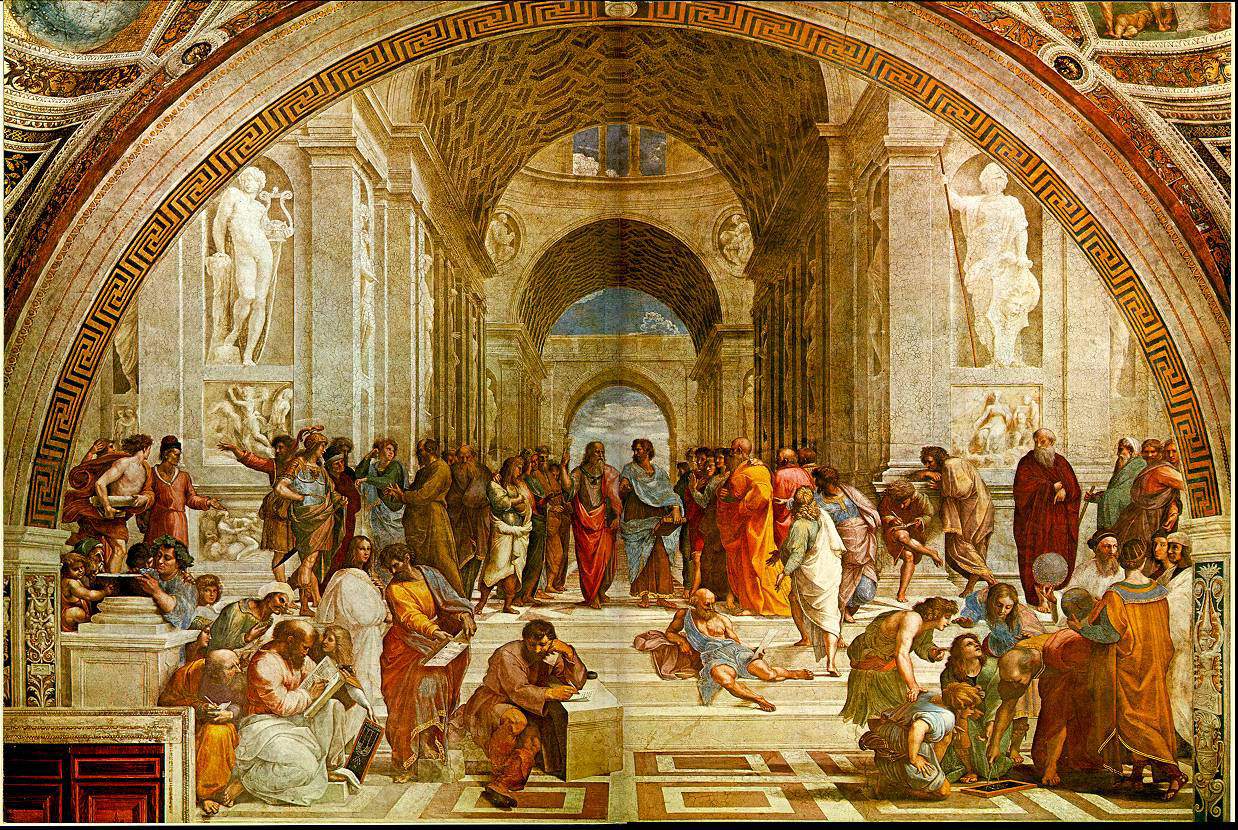
Ideas and Content
My writing demonstrates appropriate ideas and content in both essays. In both essays my writing makes sense most of the time. In my Alchemist essay, My writing was pretty detailed and was very in depth about the subject at hand. In my Julius Caesar essay, my writing didn't always make sense. My topic sentances are area always clear and focused, "To complete his journey, Santiago remained open-minded to conquer some of the obstacles along the way." This quote shows very well that my topic sentances are good and prepare the reader for what they are about to read. Finally, in both of my essays, I explain how my quotations were relevant with my topic in that paragraph. '“If then that friend demand why Brutus rose against Caesar, this is my answer: Not that I loved Caesar less, but that I loved Rome more.”(p128, lines 19-21). In this excerpt from the play Julius Caesar, Brutus is telling the people that, he didn’t have Caesar, Caesar was his best friend, but he saw that he wasn’t a good leader for Rome, and he values Rome more than any friendship.' As you can see my essays demonstrate appropriate ideas and content.
Organization
My essay organization was overall alright. I tried to begin with an interesting hook to grab my reader's attention, I made sure that all my body paragraphs had good topic sentences, but my conclusion was not so strong on my Julius Caesar essay. I had a pretty clear thesis statement, and I usually established context prior to introducing a quotation. I think that the biggest problem was that in my conclusion, I rushed too much to finish on time, that I didn't pay attention to my writing, and it ended up not making much sense, and it was a bit rushed. In my Alchemist essay, my organization was a lot better than in my Julius Caesar essay. I began with a good hook that grabbed my reader's attention, I then followed with a clear thesis statement. All of my paragraphs began with very clear topic sentences, and I mostly established context prior to introducing a quotation. My body paragraphs closed with summarizing or transition sentences, and my conclusion summarized all my ideas that I mentioned in my essay.
Personal Growth
In my Julius Caesar essay, my writing quality seemed to decrease. I believe that this is because of the limited time we had to finish it in class, and the pressure that was on us. But I think that my first body paragraph in my Julius Caesar essay was good, and it had a lot of detail in it, not as much as in my Alchemist essay paragraphs, but it was not that much of a step down. Maybe, if we had gotten a chance to draft our essay's a bit more, and go over it with our teachers, I would have done better on my essay than I did.
SLR Reflection
One SLR that I accessed when crafting this essay was reasoning critically. I did this when I had to figure out how each quote suggested that Brutus was a specific characteristic. In a way, it was also thinking creatively, because for both essays, I had to find how the quotes probed the personality of the characters and how they affected them. Finally, I also reasoned critically when I had to remember how much time I needed to set aside for each of my paragraphs on my Julius Caesar essay.




